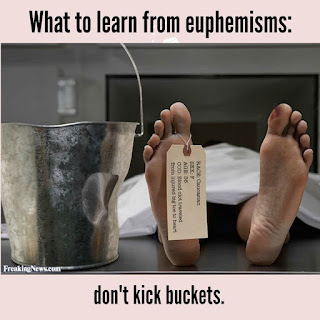Day 53 (3/28): Intro to The Things They Carried

Warm Up: Voice Lessons: Diction Lesson #6 Learning Intentions: We are learning that... Effective rhetorical analysis works to explain how a text works to convey its meaning. Authors use rhetorical strategies to add power, nuance, and depth to their arguments. Success Criteria We will know we have been successful when we can... Name the elements that are essential to every effective argument. Identify, name, and explain a selection of rhetorical devices and strategies. Agenda Activity: Meme the Rhetorical Device Intro to The Things They Carried Upcoming: For Tuesday (I will not be here): Finish and submit Focus Project Product #1 Planning Guide. Be sure to include: Complete and specific description of Exigence, Audience, Purpose and Form Some idea of a plan for completion 4 standards that your product will demonstrate mastery of A bibliography with at least 6 sources in MLA format Continue reading The Things They Carried . (Ch. 1-4 Quiz and Discussion Thursday) Finish Vocabulary Me...
